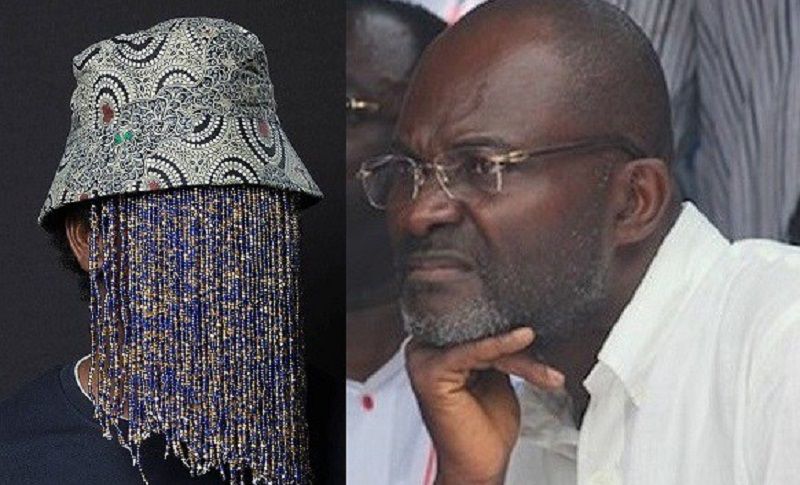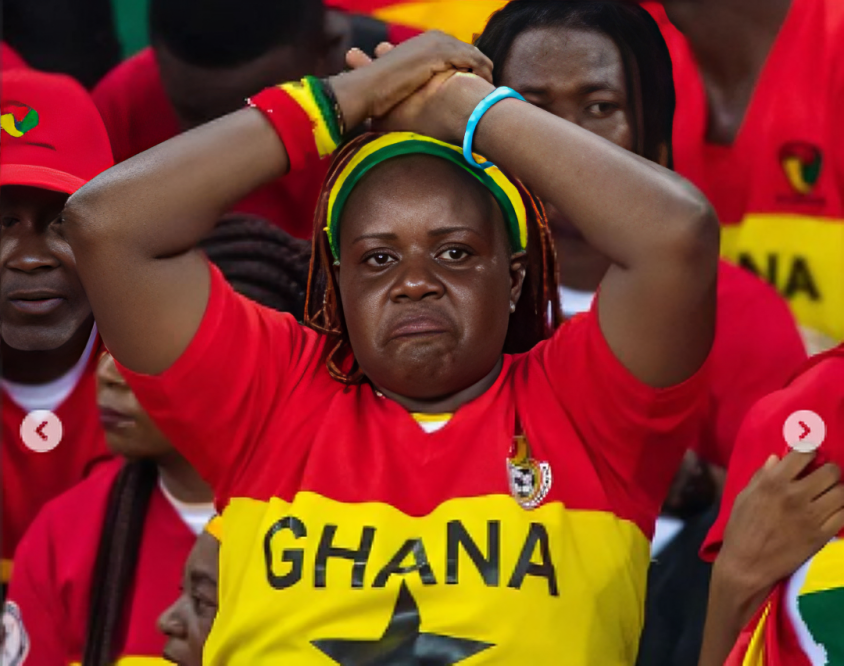
In the digital age we live in, it has become increasingly common for sensitive content to be leaked and published by various media outlets. One type of content that has caused particular concern is the publication of leaked sex tapes or other sexual related issues. While some argue that the public has a right to know about such scandals, it is important to consider the potential consequences of such actions, especially on young individuals who may be influenced by what they see.
The publication of leaked sex tapes or sexual related issues can have a damaging impact on the individuals involved, as well as on society as a whole. One of the main concerns is the effect it can have on young people who may be exposed to these images and videos. The proliferation of such content can desensitize young individuals to the seriousness of sexual acts, leading them to believe that engaging in such behavior is acceptable or even desirable.
Research has shown that exposure to sexually explicit content at a young age can have negative effects on the development of children and adolescents. They may develop distorted views of sex and relationships, and are more likely to engage in risky sexual behaviors. Furthermore, young people may feel pressured to emulate the behavior they see in these videos, leading to potential harm and exploitation.
In addition, the publication of leaked sex tapes or sexual related issues can also have a detrimental impact on the individuals involved. Privacy rights are violated, and individuals may face social stigma, harassment, and even violence as a result of their private moments being made public. This can have a profound psychological impact on the victims, leading to feelings of shame, guilt, and trauma.
While there may be arguments for the freedom of the press and the public’s right to know, it is important to consider the potential harm that can come from the publication of such sensitive content.
In light of these concerns, it is essential that media houses, news hubs or agencies, and online news platforms desist from publishing leaked sex tapes or any sexual related issues with the exception of reporting on assault, defilement, rape, or any form of violence against women.
The law must go strong on regulating the publication of sexual related materials in order to protect our young children and allow sanity to prevail in our society. Media outlets should be held accountable for their actions, and consequences should be put in place for those who violate these regulations. This can help to create a safer and more respectful media environment, where the dignity and privacy of individuals are upheld.
The Law On Leaked Sex Tape
In recent years, the issue of leaked sex tapes has gained significant attention in the media and public discourse. The prevalence of sex tapes being leaked online has led to widespread debates on the ethical and legal implications of such acts.
The law on leaked sex tapes varies from country to country, with some jurisdictions having specific legislation addressing the issue, while others rely on existing privacy and criminal laws.
One of the primary concerns regarding leaked sex tapes is the violation of privacy rights. Individuals have a right to privacy, which includes the right to control their personal information and the right to be free from intrusion into their private lives. When a sex tape is leaked without consent, it constitutes a breach of privacy and can have serious implications on the individuals involved.
In many jurisdictions, the unauthorized distribution of intimate images or videos is considered a violation of privacy laws and can result in civil and criminal liability for the perpetrators.
For example, in the United States, the distribution of intimate images without consent is illegal under various state laws, commonly referred to as “revenge porn” laws. These laws make it a criminal offense to distribute or publish intimate images of another person without their consent, with penalties ranging from fines to imprisonment.
In addition to criminal prosecution, individuals whose privacy rights have been violated can also seek civil remedies, such as compensation for damages and injunctive relief to remove the content from the internet.
In countries like the United Kingdom, there are specific provisions in the law that address the unauthorized disclosure of private sexual images. The Criminal Justice and Courts Act 2015 criminalizes the distribution of private sexual images without consent, with offenders facing up to two years in prison and a fine. This legislation aims to protect individuals from the harm and humiliation caused by the unauthorized sharing of intimate images.
Despite the existence of laws criminalizing the distribution of intimate images without consent, enforcing these laws can be challenging. The anonymity provided by the internet makes it difficult to identify and prosecute individuals responsible for leaking sex tapes. Additionally, the global nature of the internet means that leaked sex tapes can be shared across borders, making it even more complicated to address the issue effectively.
Another challenge in regulating leaked sex tapes is the blurred line between freedom of expression and privacy rights. In some cases, individuals argue that the distribution of sex tapes falls under freedom of expression and should be protected under the First Amendment or similar provisions in other countries. However, when the distribution of sex tapes involves non-consensual content, it is more accurately categorized as a violation of privacy rather than protected speech.
The rise of social media and online platforms has also contributed to the proliferation of leaked sex tapes, making it easier for individuals to share and distribute such content. The lack of effective moderation and regulation on these platforms further exacerbates the problem, as it allows for the continued dissemination of intimate images without consequences. Social media companies have a responsibility to act swiftly in removing leaked sex tapes and taking action against those responsible for sharing them.
In conclusion, the law on leaked sex tapes is an evolving area that requires careful consideration and enforcement. While there are existing laws that criminalize the unauthorized distribution of intimate images, challenges remain in effectively addressing the issue.
The violation of privacy rights and the difficulty in identifying and prosecuting offenders are among the key challenges faced in regulating leaked sex tapes. It is essential for lawmakers to continue to review and update legislation to protect individuals from the harm caused by the dissemination of intimate images without consent.
By Aaron Babako Korkormissah
(Korkormissahaaronbabako@gmail.com)
The post Feature: Media Must Desist From Publishing Leaked Sex Tapes appeared first on The Ghanaian Chronicle.
Read Full Story

























Facebook
Twitter
Pinterest
Instagram
Google+
YouTube
LinkedIn
RSS